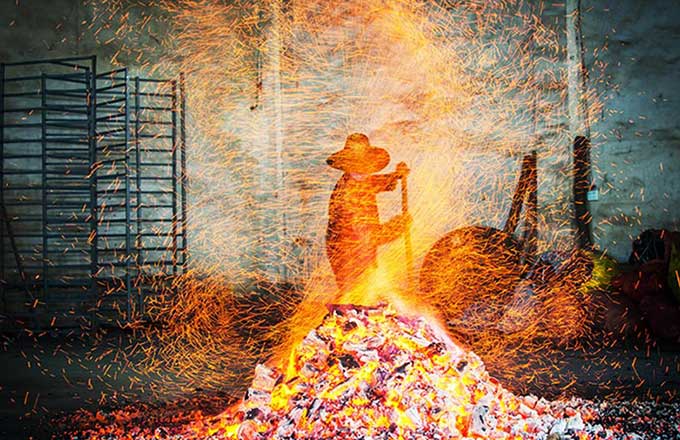H7N9 outbreak troubles bird lovers
TIANJIN - With the rise of human H7N9 infections and the virus's source still unclear, the bird flu outbreak is troubling domestic bird enthusiasts.
"Emotionally, I feel we have become increasingly distant from the birds after being forbidden from entering wetlands," said Guo Fuxiang, president of the Bird Protection Association of the city of Tianjin.
Guo said tourists used to be allowed to watch or take photos of wild birds in the wetlands. But now, they are banned from entering wetlands in Dagang.
"The wetlands in Dagang are an important migratory bird path and therefore a highly dangerous area for the H7N9 virus," said Yang Jiwen, director of the Dagang Wildlife Protection Station.
"For the sake of the tourists' safety, we have to keep them away from the wetlands," he said.
Higher temperatures are bringing migratory birds back to north China. Spring is usually a peak season for bird-watching, with related activities held across the country.
However, birdwatchers have had to keep a distance from the animals in the wake of the H7N9 outbreak, which has resulted in 17 deaths thus far.
Authorities in Tianjin have not only banned tourists from entering the Dagang wetlands, but also prohibited the act of freeing birds, another common springtime event.
In Hangzhou, capital of East China's Zhejiang province, no swans can be seen on West Lake, as they have been sent to a local zoo to keep them away from humans.
A birdwatching event has been postponed in the city of Shanghai as well.
"Based on current research, infection may only occur when someone has close contact with infected poultry. It is safe for tourists to watch wild birds from a distance," said Zhang Zhengwang, secretary-general of the China Ornithological Society.
Zhang said experts have yet to prove that migratory birds are responsible for spreading the virus.
The virus has not been detected in 861 samples of wild fowl collected in the affected provinces, the State Forestry Administration said.
Keepers of carrier pigeons have also been affected. Xing Zhiqiang, who runs a carrier pigeon club in Tianjin, said his pigeons seem less energetic since local authorities ordered them to be kept in their cages.
"A rumor that pigeons are the source of H7N9 has been popular in our community. My neighbors always complain about my birds," Xing said.
All of Beijing's domesticated bird markets have been shut down temporarily.
"Half a month ago, the manager of the market ordered me to close my shop because of H7N9. I had to send all the birds back to my hometown in Hebei province," said a woman surnamed Fan who owns a bird shop in Beijing's Guanyuan flower and bird market.
"Although there is the threat of H7N9 and other bird flu viruses, we can't live a harmonious life without birds. Separating humans from birds completely is an overreaction," Zhang said.
- China works with intl organizations on H7N9
- 2 H7N9 patients discharged from hospitals
- 3 new H7N9 cases reported in E China
- Beijing farmers to receive H7N9 subsidies
- New H7N9 case reported in E China
- Xi urges efforts to contain H7N9 bird flu
- WHO experts start H7N9 probe in China
- H7N9 patient discharged from hospital
- H7N9 outbreak linked to waterfowl migration
























